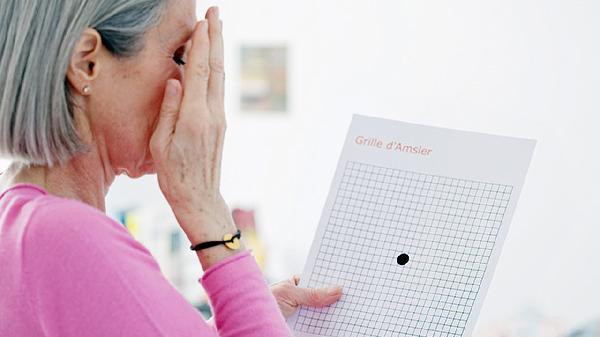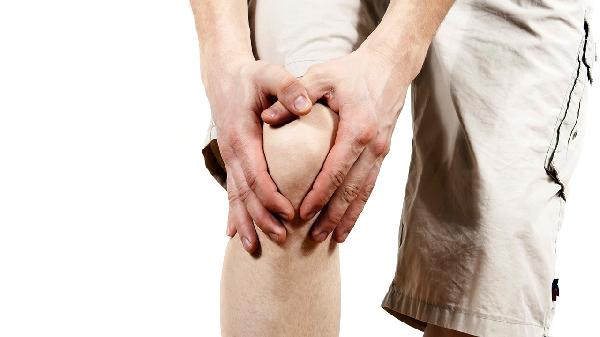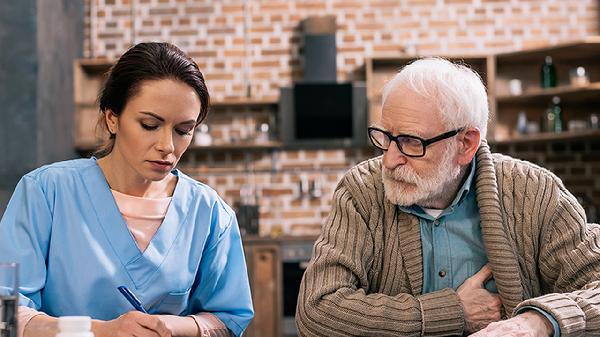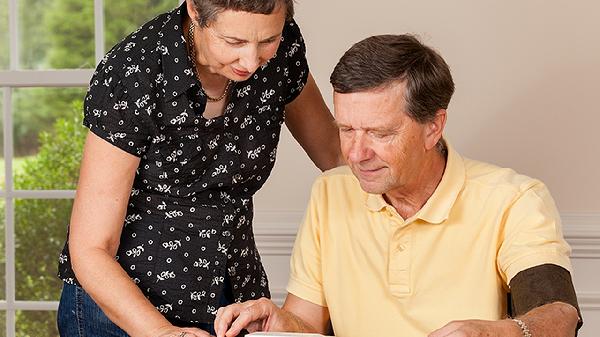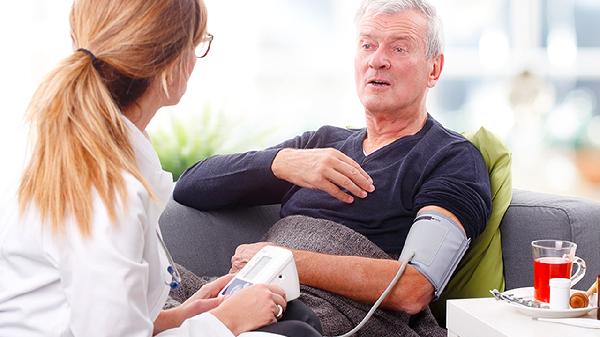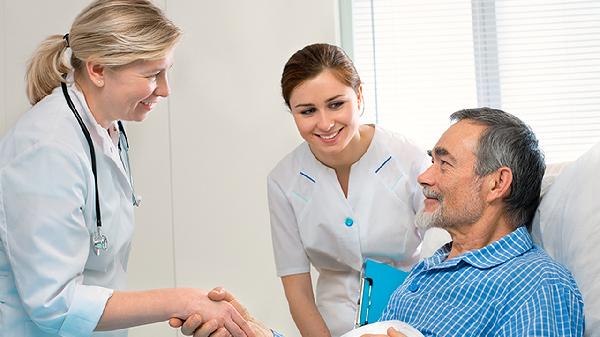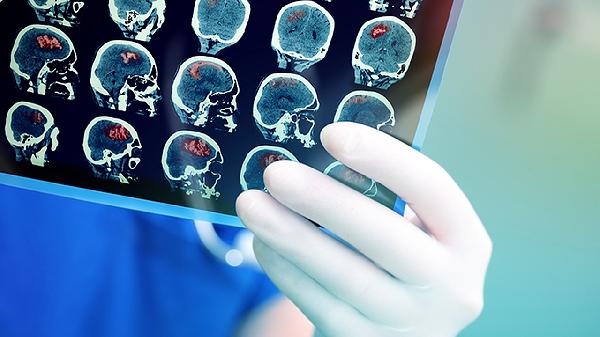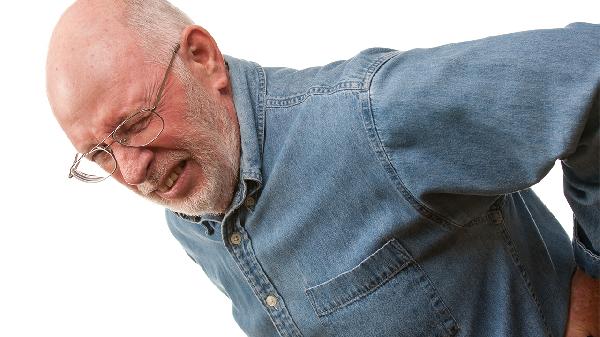Why do elderly people vomit after eating? A healthy diet for middle-aged and elderly people is very important, but many elderly people often experience vomiting after eating. So, why do elderly people vomit after eating? Next, I will introduce it to you.
1. Why do elderly people vomit after eating? Poor diet
A poor diet can increase the burden on the stomach and intestines, reflexively enhancing the reverse peristalsis of the stomach and colon, causing the stomach contents to be vomited out of the body, thus maintaining the function of the stomach and intestines. This situation is common in overeating, alcoholism, and excessive consumption of irritating foods.
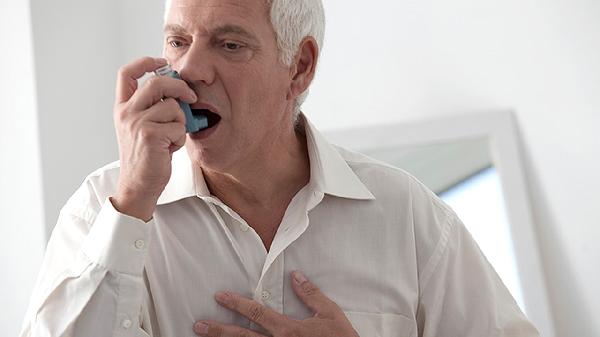
2. Why do elderly people vomit after eating? Psychological impact
Some elderly people are easily affected by external factors, experiencing nervousness, anxiety, suspicion, insomnia, etc., which can cause dysfunction of the cerebral cortex, thereby exciting the vomiting center of the medulla oblongata, leading to nausea and vomiting. Some elderly people's vomiting is caused by psychological factors, manifested as vomiting during or shortly after meals, medically known as neurotic vomiting.
3. Why do elderly people vomit after eating? Stomach diseases
There are many gastrointestinal diseases that can cause vomiting in clinical medicine, but each has its characteristics: ulcer disease and gastritis symptoms alleviate after vomiting, while pancreatitis and biliary diseases often do not relieve abdominal pain after repeated vomiting; blood stains in the vomit, or coffee-like appearance, suggest upper gastrointestinal bleeding, if fecal vomit suggests low intestinal obstruction, gastrocolic fistula, etc.; gastrointestinal obstruction can cause repeated vomiting, pyloric obstruction often has stomach type, stomach peristaltic wave, and splashing sound, while intestinal obstruction can see intestinal type and hyperactive bowel sounds.
4. Why do elderly people vomit after eating? Cold symptoms
Nausea caused by physical discomfort due to a cold. If it is a gastrointestinal cold, it is easy to cause vomiting, that is, stomach discomfort caused by a cold, loss of appetite, eating less, and increased gastric acid secretion will feel nauseous and want to vomit.
5. Why do elderly people vomit after eating? Irritable bowel syndrome
It may be irritable bowel syndrome, some people also feel nauseous when eating breakfast, but feel better after eating. The typical manifestation of irritable bowel syndrome patients is difficulty in defecation, because of this, the food accumulated in the digestive tract will be more and more, so the patient will feel very uncomfortable, feel nauseous, and want to vomit.
Common problems after meals for the elderly
1. Abdominal distension after meals: The digestive ability of the elderly's stomach and intestines gradually weakens, gastrointestinal motility is poor, food accumulates in the stomach, and abdominal distension often occurs. At this time, they should eat less indigestible foods, such as soy products, hard noodles, etc., and also correct the habit of gobbling. If the symptoms are severe, consider whether there are chronic gastritis, gastroptosis, etc.
2. Diarrhea after meals: Diarrhea immediately after meals, slight cold or improper eating will cause an attack, sometimes there is a sense of urination but no stool when urinating, and the person does not lose weight, it may be chronic allergic enteritis. If you eat spicy greasy, cold food, or drink alcohol, you will have diarrhea, some people will also have abdominal pain, and the abdominal pain will be relieved after diarrhea, it may be gastrointestinal dysfunction. In this case, the diet should be light, avoid spicy greasy, cold food, and also keep the abdomen warm.
3. Hiccups after meals: Some elderly people often hiccup, not only after eating, but sometimes before meals. There are many causes of hiccups, mostly caused by indigestion, chronic gastritis, reflux esophagitis and other diseases can also cause frequent hiccups. Elderly people with high blood pressure who repeatedly hiccup and can't stop may be a precursor to stroke. In addition, if the elderly suddenly have persistent hiccups, accompanied by weight loss, loss of appetite and other symptoms, they need to pay attention.
Scientific diet methods for the elderly
1. Wash meat with cold water, wash dishes with hot water: Many people like to soak meat in hot water before washing it. However, washing meat with warm or hot water is not only easy to deteriorate and rot, but also affects the taste of the meat. Most importantly, it will accelerate the loss of protein, amino acids, and B vitamins in the meat. On the contrary, it is better to wash vegetables with warm water.
2. Eat raw onions to prevent heart disease: Many people carefully pick out onions when eating vegetables, which is wrong. Experts point out that onions contain a lot of flavonoids that protect the heart. Eating half a raw onion or drinking the same amount of onion juice every day can increase the "good cholesterol" of heart patients by about 30%. Especially when eating unhealthy foods like barbecue, the onions inside are like your "lifesaver."
3. Dark fruits delay aging: When buying fruits and vegetables, choose the dark ones. Compared with light-colored fruits, dark fruits contain more antioxidants, vitamins, selenium, iron, calcium, zinc and other substances, which have anti-cancer, anti-cancer, and anti-aging effects.
4. Use the juice of cold dishes for dipping: Many people like to order a plate of mixed vegetables or fruit salad in restaurants, thinking that this can supplement vitamins. In fact, the juice in these dishes will bring a lot of calories to the originally healthy dishes.
